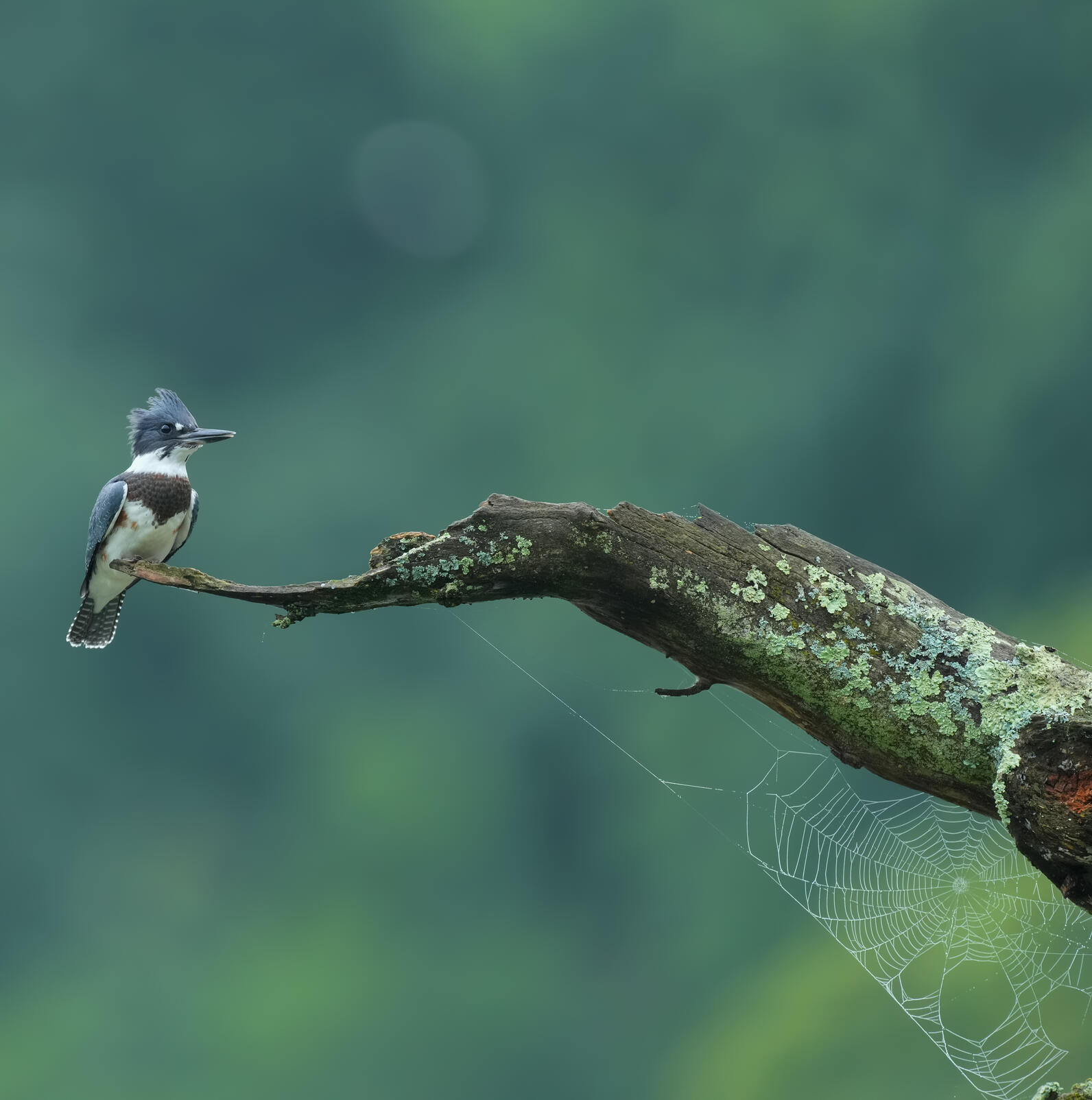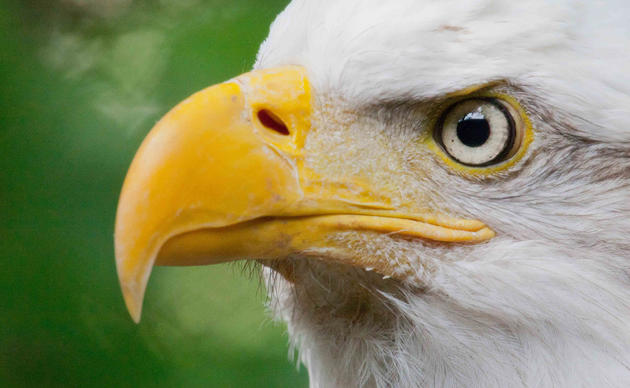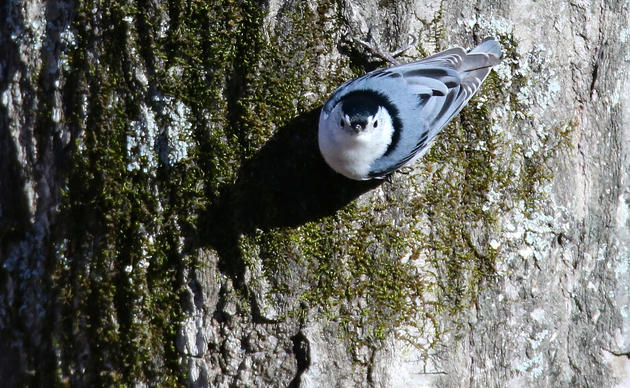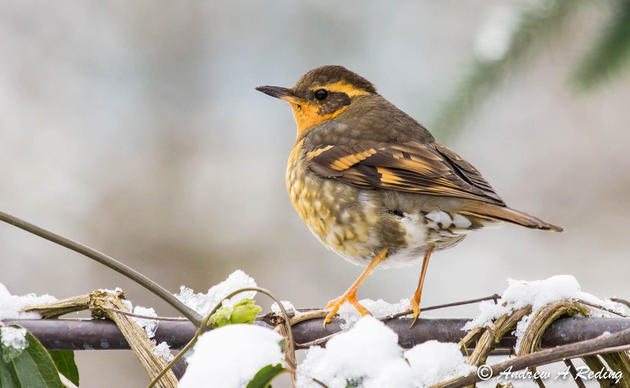Growing up in Florida, I could only imagine living amongst snowcapped mountains and vast, verdant landscapes. When I eventually moved to the Pacific Northwest as an adult, the beauty of the region far exceeded my expectations.
It wasn’t just the towering mountain ranges or the majestic waters of Puget Sound that captured my attention. It was also the commitment of the people and community leaders who live here to protect our natural world from overdevelopment and climate change. This stands in stark contrast to states like Florida, where recent governmental actions have doubled down on climate denialism, even as they face some of the most severe risks from sea level rise. Watching my home state ignore the clear and present danger of climate change fills me with immense sadness. But here in Washington, we have chosen a different path.

Last year, the Washington state Legislature enacted House Bill 1181 requiring local governments to integrate climate resilience into their comprehensive plans under the state’s Growth Management Act (GMA). Snohomish County is already ahead of the curve in incorporating climate change into its GMA updates, set to be completed by the end of the year. As we face rising sea levels and an increased risk of catastrophic weather events, getting robust plans in place is not only critical for human communities but also for the birds and other wildlife that share our environment.
Washington’s commitment to science-driven policy is evident in the requirements of HB 1181. By incorporating the best available science and robust spatial mapping and modeling into local comprehensive plans, we are preparing for the long-term health of our communities and ecosystems. This process isn’t just bureaucratic busywork; it’s a vital public engagement opportunity for citizens concerned about the impacts of climate change.
Audubon science has shown just how serious a threat climate change poses to birds. In Washington, marine birds, forage fish, and other wildlife depend on habitats that will need to migrate upland as seas rise. Ensuring these habitats remain viable requires advanced planning and, crucially, deep community engagement. This is not an easy task; tradeoffs will need to be made. However, the impacts we are already experiencing, combined with those locked in by ongoing greenhouse gas emissions, make this planning essential.

We’ve seen the devastating effects of poor planning and climate denialism. Hurricanes, floods, droughts, and other catastrophic weather events are becoming more frequent and severe. Without proactive planning and investments in climate resilience and adaptation, the consequences of these events will become more and more tragic. In Washington, we can lead by example, showing that climate change planning and community engagement can create resilient, thriving communities.
I am reminded of a line from a song on Taylor Swift’s recent album: “Florida: It’s a hell of a drug.” Sadly, reality seems to be seriously distorted for Florida’s elected leaders. At the same time, reality has a way of impressing itself on us, no matter how much we try to ignore it. I am grateful that Washington’s decision-makers have rejected the drug of denialism, instead opting for a future where science and community collaboration inform and drive our policies forward.
Climate change planning under the GMA is a chance for Washingtonians to get involved in shaping a better future for their communities, ensuring that our state’s natural splendor — and the diverse species that depend on it — can thrive for generations to come.
Let’s hold our local governments accountable and ensure that our comprehensive plans reflect the urgency and gravity of the climate crisis. By doing so, we can protect not only our stunning landscapes but also the rich biodiversity that makes Washington truly special.
Adam Maxwell is the senior policy manager for Audubon Washington.
Originally published in the Everett Herald: https://www.heraldnet.com/opinion/comment-washington-a-model-for-strivin...



